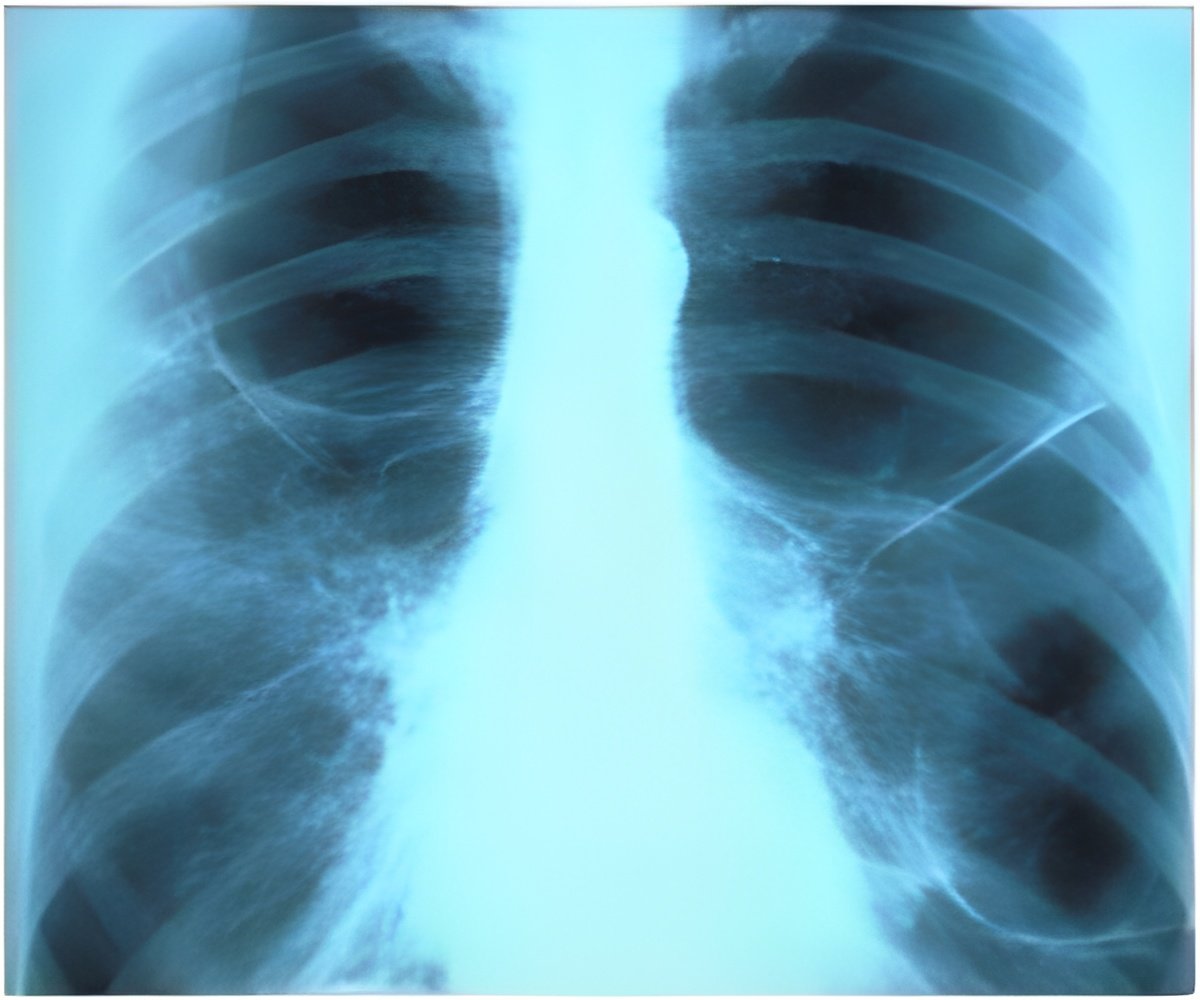Xpert MTB/RIF, which is a recently implemented tuberculosis (TB) test, may control the TB epidemic in India, research claims

The researchers explored the impact of six different rollout strategies on the incidence of tuberculosis (the number of new cases of tuberculosis in the population per year) by developing a mathematical model of tuberculosis transmission, care-seeking behavior, and diagnostic/treatment practices in India. A scenario that added access to Xpert MTB/RIF for 20% of all individuals with tuberculosis symptoms seeking diagnosis in the public sector and 20% of individuals seeking care from qualified private practitioners to the current national strategy was predicted to reduce the incidence of tuberculosis by 14.1% compared to the current national strategy which is only expected to reduce incidence by 0.2%. However, this scenario required more than 2,200 Xpert machines and reliable treatment referral. Notably, a scenario tested that encouraged informal providers to refer suspected tuberculosis cases to the public sector for diagnosis using currently available tests predicted a greater impact on the incidence of tuberculosis than Xpert scale-up within the public sector alone.
The authors acknowledge that their findings are subject to uncertainties in the assumptions made in their model but note, "Xpert [MTB/RIF] ... could substantially reduce the burden of TB disease due to poor diagnosis in India; however, this impact depends not only on the accuracy of the test, but also on the behavior of both patients and providers, their level of access to new tools, and quality TB treatment following diagnosis."
They conclude, "any Xpert [MTB/RIF] rollout strategy must also consider the complex health-care infrastructure into which the test is being rolled out. To achieve maximum impact of novel diagnostics, India should engage the private sector, improve quality of care across all sectors, and dramatically increase resources."
Source-Eurekalert











